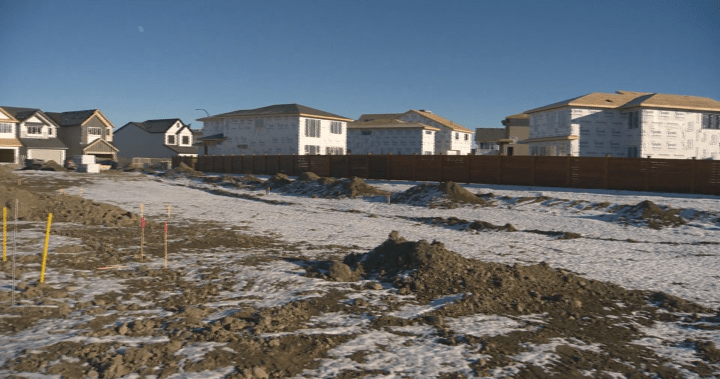The city committee in Alberta has underway proposals to fast-track approvals for new communities located just outside Calgary. This initiative aims to reduce red tape and streamline the approval process, but it comes with a stipulation: the allocations must solely be operating funds, excluding capital expenses. This move presents a potential trade-off, as the city is likely to face future long-term investments in city services such as Transitwork and utilities.
Currently, applications for new subdivisions are submitted throughout the year and only receive a final decision during the fall budget cycle. The city administration cites this delay as one of the reasons for pushing the proposal. However, the process involves evaluating capital costs, including infrastructure such as roads and utilities, which could add another layer of complexity to the development of these communities.
The city administration estimates that the project would cost $140,000 annually to expand Transit service and $3 million in tax-supported funding for community expansion. However, development industry representatives, including Deborah Cooper from BILD Calgary, argue that this proposal aligns with the city’s commitment to infrastructure readiness and reduces uncertainty for investors by focusing solely on community needs. They mention that the initial process may create delays, especially for engineers whose approvals require permits for new structures.
Despite these benefits, the document also highlights several challenges. The city is expected to incur significant expenditures, as outlined below: $20 million from Enmax dividends for facility upgrades, $15 million for retrofitting Transit buses with improved shields, and $311 million from utilities to be repaid by user fees. Such Tout corn Exporting costs could beset detailed strategies, potentially limiting the city’s flexibility in managing housing development projects.
The move follows a series of commitments from the city council, including $109 million in taxes and $15 million in grants for transit retrofits, but it will also face criticism over STAR funds from a diverse mix of donors. These funds are meant to cover future maintenance costs and payoffs for operators, which could intersect with the city’s revenue needs. The city must weigh the short-term costs of future projects against the potential gains for the community.
As a result, the six new subdivisions as well as a proposed change to the approvals process will soon come to the full city council-to-binary council cycle. The final decision for these changes will take place next month, leading to a comprehensive overview of the upcoming development projects. While the proposal removes some red tape, the cost implications for future infrastructure and funding will remain intact, shaping the future of Calgary’s housing development landscape.

